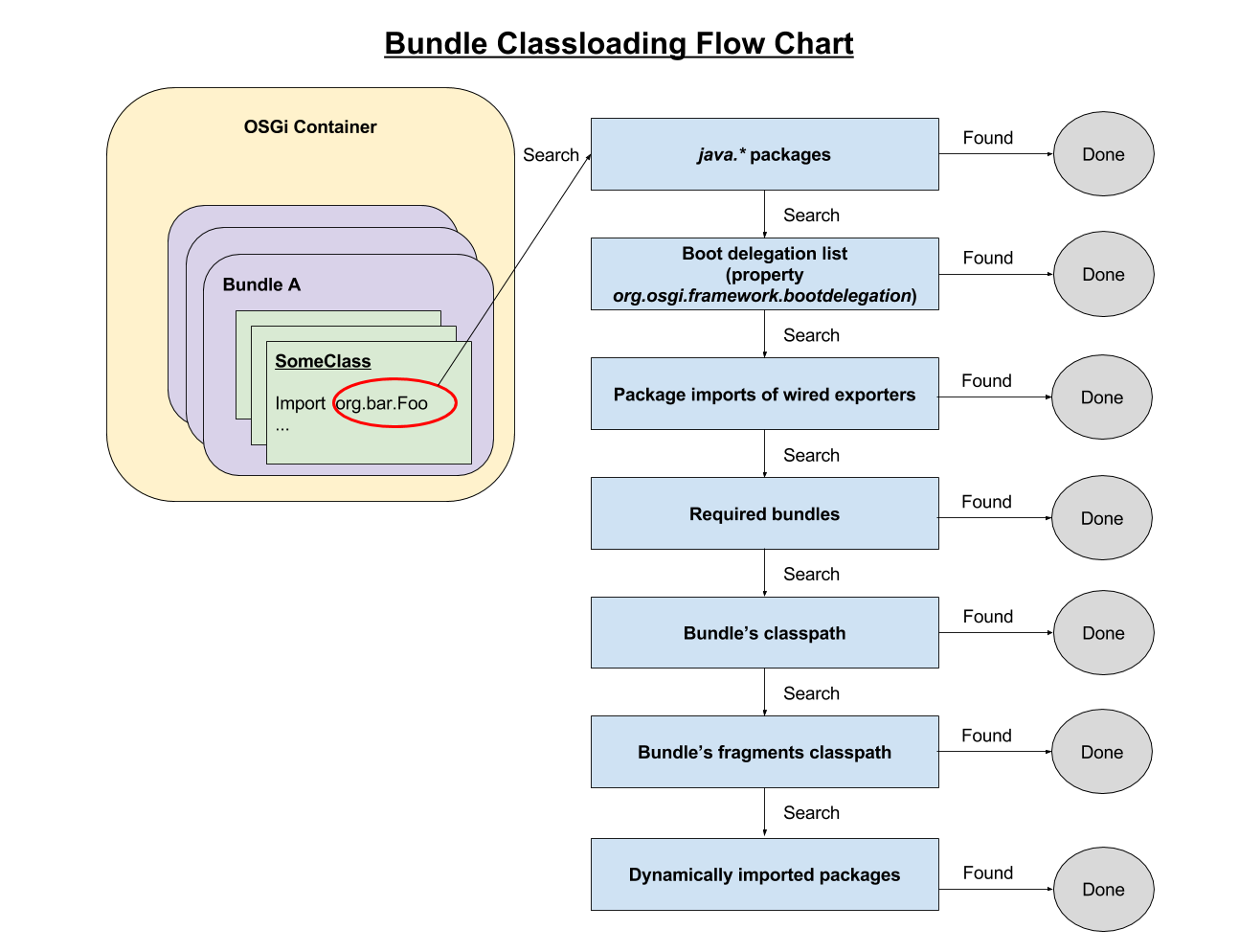
About Classloaded.com
This company does not currently have a business account, if you are the owner of the company, you can open a business account immediately.
Is this your company?
Claim your profile to access Trustedreviews free business tools and start getting closer to your customers today!
About TrustedReviews
We Fight Fake Reviews
Here’s how you can flag problematic reviews.
We improve experiences
Here's our commitment to you.
We encourage quality customer feedback
We are check comments and we care about data reliability
The Rank of the website you are interested in is:
99 Trustworthy. Positive. Valid.The rank is based on a 1-100 scale, with 100 being the most reputable.
Business Transparency
Claiming a profile allows the company to do things like reply to reviews, invite customers to write reviews,
Dear users; You can find all kinds of information about TrustedReviews in the faq section.
The content of your review or questions should not contain spam, advertising, profanity, insults.
In order to create a business membership, you need a company e-mail account. You can create a business registration with the confirmation code sent to your company e-mail account.
Only approved company accounts can reply to comments, you can do this from the management panel with your company account. Users cannot reply to comments made on company comments.
The classloader is a sub-system that dynamically loads classes on demand into the JVM. It also ensures that unique classes are loaded. If a class loader is unable to find a class then it defers the request to a parent classloader.
To resolve class references the loadClass() method is used. It takes the name of a class as parameter.
A class loader is a Java virtual machine (JVM) class responsible for loading classes into the JVM’s method area. The loadClass() method, which is a final method that cannot be overridden, takes the name of the class as its parameter. If the class cannot be found, the method throws a ClassFormatError.
A customer once had multiple services in a JVM and each service loaded a class in its own classloader. This resulted in each class consuming memory and the PermGen heap running out of space 45 minutes after startup.
The java ClassLoader subsystem follows an algorithm called Delegation Hierarchy Algorithm that always gives the highest priority to Bootstrap class loader followed by Extension class loader and then Application class loader. This means that if a class can not be found by one of the class loaders then it will be found by the other one. This is done to prevent duplicate classes from being loaded by the different class loaders.
ClassLoaders have a number of different methods that they use to perform tasks. The loadClass(String, boolean) method parses the given code source into a Java class. It can be overridden to change the phase operations performed on code source.
The findClass(String name) method finds a class but doesn’t load it. It is used to ensure that classes are unique and loaded only once. If the current ClassLoader cannot find a class it will delegate the search to the parent.
The getParent(String) method is used to return the parent ClassLoader for delegation. The findResource(String) method searches for the class in the Bootstrap Classpath (JDK/JRE/LIB) or the Extension Classpath if it is not present. If not found it will throw a ClassNotFoundException. This is useful for loading libraries that are not hot-reloadable, such as those that require some sort of transformation on first run. This allows for fine-grained control of the class loading architecture. It also helps reduce the risk of recursion in class loading, as each service will load it’s own copy of the library and not all versions of the same library.
In the class loading model of the Java Virtual Machine, each class loader has an associated parent class loader. When a request is generated to find a class or resource, the current class loader will first delegate the search to its parent class loader, then attempt to find it itself if the parent is unable to do so. This is referred to as the delegation model and ensures that classes are loaded in a unique manner without repetition (via the Uniqueness Property).
Often times, an enterprise application requires a version of a library that does not match with the version bundled by the Java Virtual Machine or any of its parent class loaders. Mule supports fine-grained class loading control to allow you to implement this scenario. Specifically, you can configure the class loader delegation mode that determines which class loader will be searched for a class. The default value is parent_first. The other possible values are local_first, wAR_classloader_first, and extension_first.
The findResource() method searches for resources on a specified URL search path. The URL can refer to a directory or JAR file. The resource name is a String. The search starts with a leading slash ('/') which indicates if the resource name is relative to the classpath or absolute.
The class loader sub-system follows a delegation model. When a ClassLoader needs to find a class or resource it will first delegate the request to its parent class loader. If the parent can’t find the class or resource it will then ask its alternate/secondary class loader to find the class or resource.
For example, if the system class loader delegates the responsibility of loading MyClass to its extension classloader then it will try to find that class in ext directory and if found then it will load into JVM. If it fails to find the class then a ClassNotFoundException is thrown. The same goes for the bootstrap classloader and all other class loaders.

"The best 2023 Jamb Runs website"
I love this site they have never failed me I started paying to this site since I was in ss2 I also it to pass my waec and Neco exam The best exam runs website I ever seen